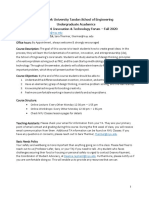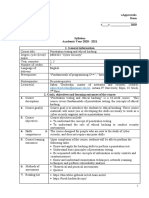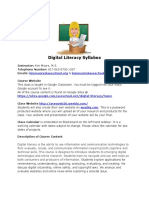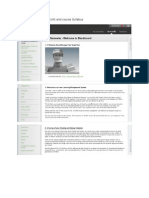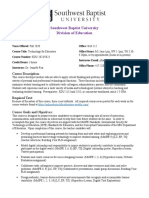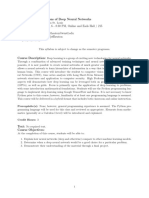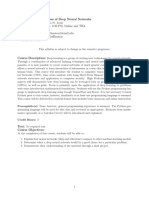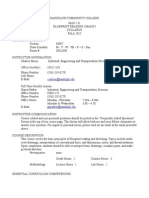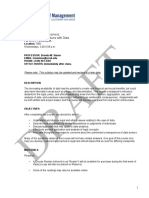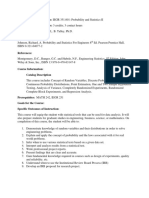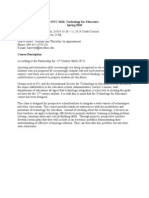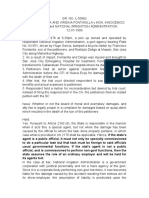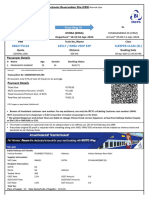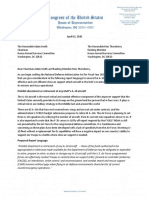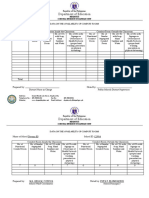0% found this document useful (0 votes)
14 views8 pagesSyllabus PDII FA24
The document outlines the course STS0 4100: Professional Development II, focusing on the impact of technical and non-technical issues on engineering designs. It includes details about the course structure, learning outcomes, grading components, academic integrity, acceptable use of AI, and a course outline covering various topics related to engineering challenges and disasters. The course emphasizes communication skills, critical evaluation of case studies, and the importance of diversity and inclusivity in engineering education.
Uploaded by
ljnotestoselfCopyright
© © All Rights Reserved
We take content rights seriously. If you suspect this is your content, claim it here.
Available Formats
Download as DOCX, PDF, TXT or read online on Scribd
0% found this document useful (0 votes)
14 views8 pagesSyllabus PDII FA24
The document outlines the course STS0 4100: Professional Development II, focusing on the impact of technical and non-technical issues on engineering designs. It includes details about the course structure, learning outcomes, grading components, academic integrity, acceptable use of AI, and a course outline covering various topics related to engineering challenges and disasters. The course emphasizes communication skills, critical evaluation of case studies, and the importance of diversity and inclusivity in engineering education.
Uploaded by
ljnotestoselfCopyright
© © All Rights Reserved
We take content rights seriously. If you suspect this is your content, claim it here.
Available Formats
Download as DOCX, PDF, TXT or read online on Scribd
/ 8


